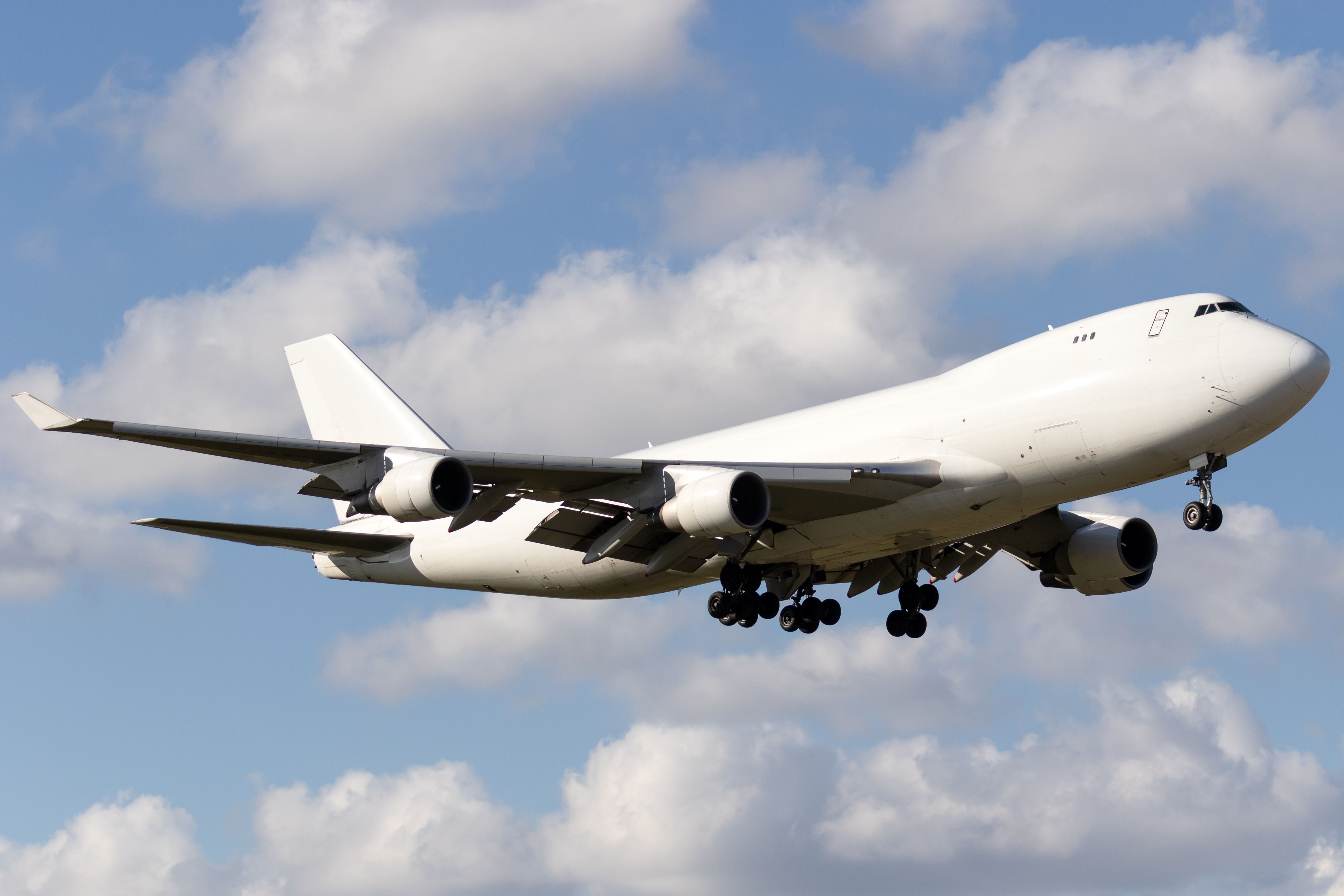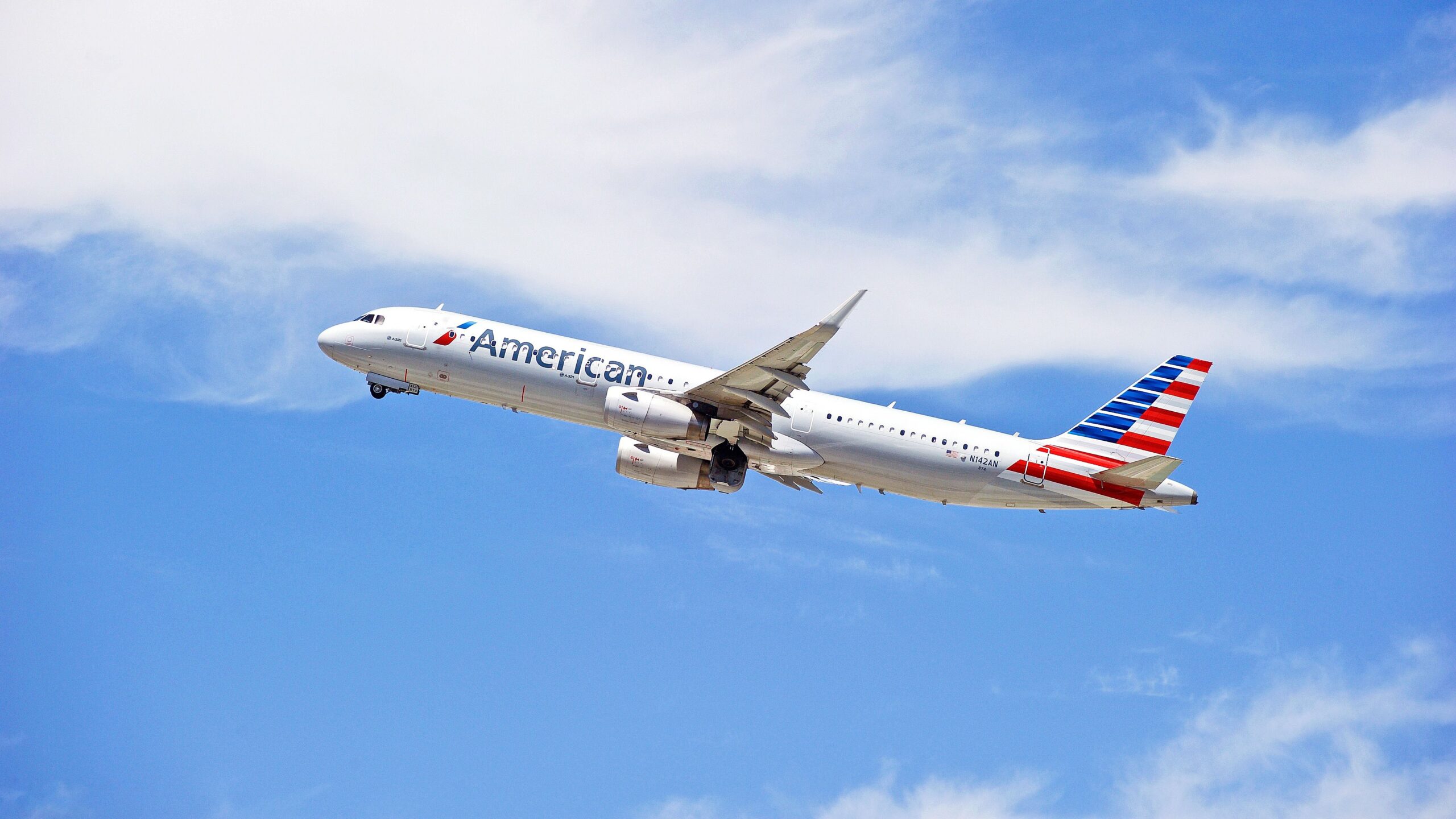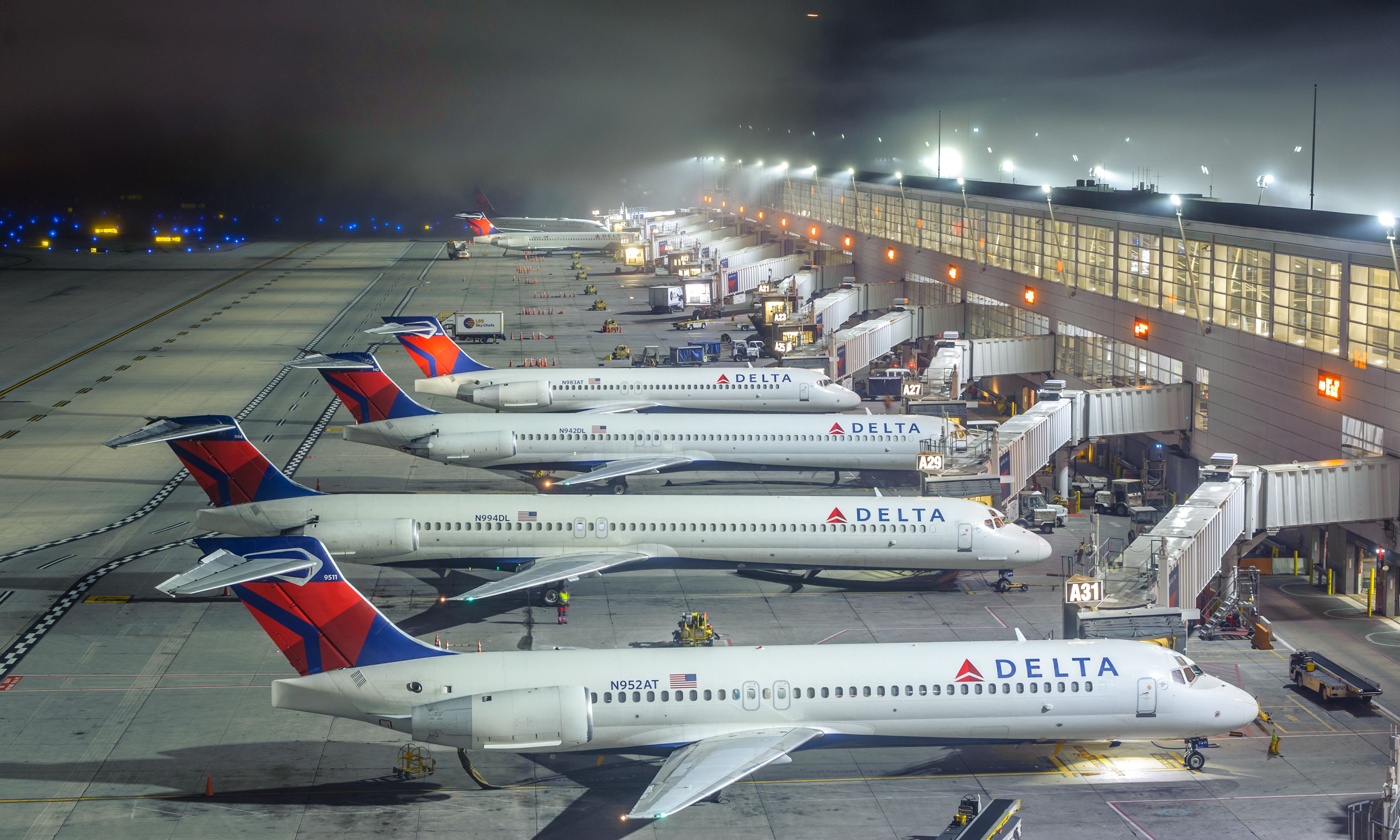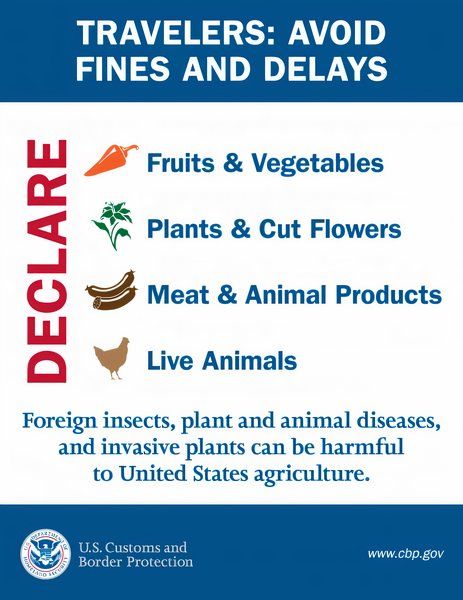Summary
- Millions of passengers bring fresh food into airports daily, but beware of customs restrictions to avoid invasive species and pathogens.
- US Customs seized 90 Giant African Land Snails in baggage from Ghana to prevent economic and ecosystem damage.
- Agricultural specialists are vigilant to protect against invasive species like snails, which can devastate crops and carry illnesses.
Millions of passengers bring various types of fresh food into airports worldwide daily. They must declare these goods at customs to ensure they are within the country’s standards and do not bring in bacteria or items that could affect the local ecosystem or introduce pathogens.
Many of these items deemed unsatisfactory by customs usually end up in the trash, but they rarely make the news. However, the contents of this passenger’s bags made headlines for the wrong reasons.
Cargo escargot
On June 30th, US Customs and Border Protection’s (CBP) Office of Field Operations intercepted 90 Giant African Land Snails at Detroit Metropolitan Airport (DTW), the agency said in a statement.
The live snails were found in the baggage of a passenger coming into the country from Ghana. The passenger declared various fresh food items and was asked to report for a secondary inspection. The passenger was sent to a secondary examination because they had declared several prohibited items, including beef skin and fresh peppers. However, they did not mention the snails in their declaration form.
Photo: ruimc | Shutterstock
Agricultural specialists flagged a tied, woven bag that exuded an odd odor. Inside the bag, the officials found the snails, which measured 3 to 6 inches in length each. These snails are considered an invasive species in the US, so they were seized.
Acting Port Director John Nowak, provided a statement on the seizure:
“These snails are an invasive species that could negatively impact our economy. Our agriculture specialists are always keeping a watchful eye out for harmful plants, animals and insects.”
These snails are considered invasive because if they escape into the environment, they can cause major crop damage. They feed on a wide variety of plants and important crops. They can also carry illnesses and pose a threat to humans. They can also cause structural damage by feeding on stucco.
Declaring goods at customs
The CBP is the regulatory body that helps enforce laws with other US agencies, including but not limited to the US Fish and Wildlife Service, the US Department of Agriculture (USDA), and the Centers for Disease Control and Prevention.
Photo: US Customs and Border Protection
The seizure of fresh food prevents the spread of new diseases, pathogens, and species that can cause untold damage to the local ecosystem. Contaminated items can introduce pathogens not usually present in the country and cause an epidemic. Invasive species such as snails, if released, can spread and multiply rapidly, causing damage to farming crops and the food supply.
Passengers traveling to the US and other countries with fresh food should look up the prohibited items and avoid bringing them aboard aircraft. The CBP has a list of restricted items here. For food items that are allowed in general, visit the USDA website here.
If passengers ignore these restrictions and get caught, they could be fined for failing to declare these goods and, in extreme cases, refused entry into the country.

Related
Wildlife Trafficking: US Customs Officials Seize Fattail Scorpions At Detroit Metro County Airport
The wildlife animals arrived at DTW in a mail package in June.




![Sept 2011 DTW aerial - 2835x2850[1]](https://static1.simpleflyingimages.com/wordpress/wp-content/uploads/2022/04/Sept-2011-DTW-aerial---2835x28501.JPG)